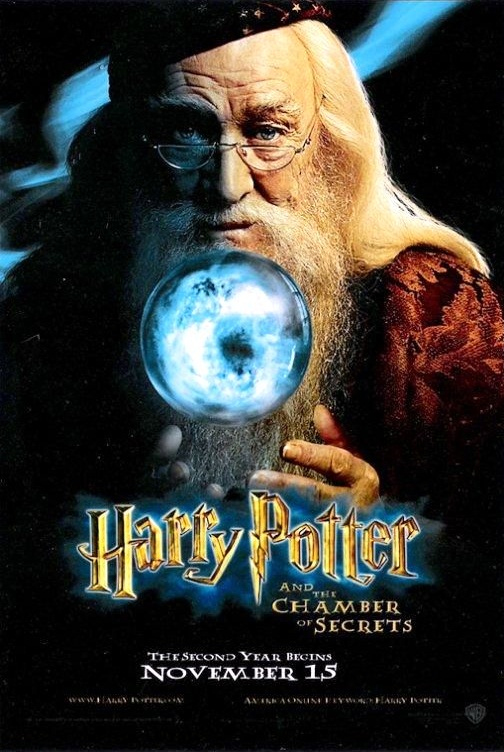

Say what you will about America’s electoral college - at least it can’t be kidnapped, killed, brought back to life, and brainwashed. The wizards just line up the prospective office-holders on top of a mountain in Bhutan (which really drives home the Kundun vibe of this hilariously arbitrary system), plop the cryptid on the ground in front of them, and wait to see who it acknowledges. This undemocratic process instead falls to the judgment of a small, scaly, mutant baby deer, revered for its unerring ability to sense the purity of a person’s character. While candidates for Supreme Head of the International Confederation of Wizards do campaign and rally support from their constituents, there’s no voting involved.

The particulars of the magical electoral process figure more prominently in Secrets of Dumbledore than the average viewer might expect from a fun-for-the-whole-family fantasy. An evident attempt to right the ship has turned into a calamitous case of mission drift, as a property with no identity travels in nonsensical circles, looking for a sustainable new direction. His presence has been reduced to a handful of whimsical interludes that feel severely out of place in what’s otherwise a morose political thriller.

He’s now been remanded to the margins of his own franchise ( and its poster). The Fantastic Beasts spinoffs began as wonderstruck adventures acquainting mild-mannered naturalist Newt Scamander (Eddie Redmayne) with a menagerie of CGI critters. The third installment continues to expand the wizarding world’s geography and history, getting hopelessly lost along the way. And for bonuses: an unwieldy ongoing narrative that’s openly lost interest in its original premise, and a pandemic delaying production nearly a full year.īut so long as cash is green and galleons are gold, the series shall lurch onward. compelled to step down due to allegations of domestic abuse, a supporting player with a track record of physical assault and distressing headlines, and a a creator/screenwriter burning through her public goodwill quickly and intently enough to suggest a self-abasement fetish. Among the roadblocks they faced in getting this third film made: a divisive marquee star Warner Bros. had every reason to abandon this series two films in, while they were $600 million dollars ahead. When does a studio decide to stop making sequels? The objectively correct answer is “When the franchise stops making money.” The confused, misshapen Harry Potter universe sequel Fantastic Beasts: The Secrets of Dumbledore tests that conventional wisdom.


 0 kommentar(er)
0 kommentar(er)
